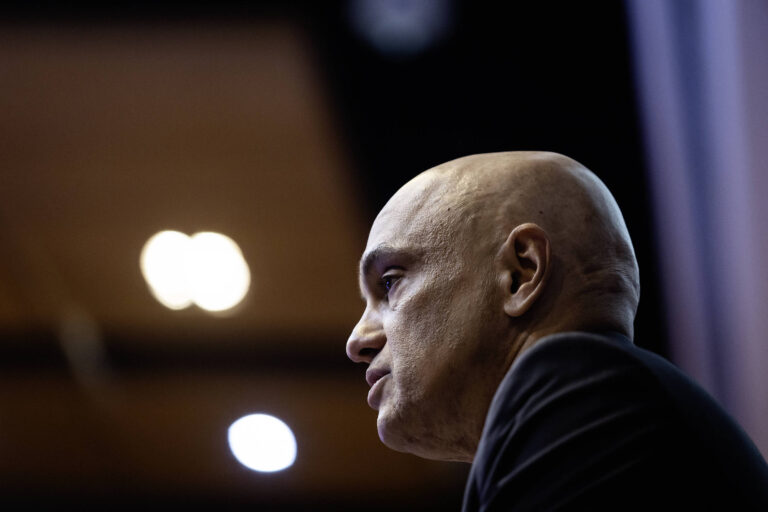
Domestic and international financial institutions are revising downward their forecasts for the yen’s exchange rate against the dollar. This is due to a decline in expectations for interest rate hikes by the Central Bank of Japan and the possibility of increased spending by new Prime Minister Sanae Takaichi.
In October, the yen depreciated by more than 7 yen (4%) against the dollar, a significant depreciation compared to many other currencies. This month, the price hit a nine-month low of 154 yen to the dollar.
In a report released on October 31, JPMorgan Chase Bank revised its forecast for the yen exchange rate at the end of this year to 156 yen per dollar, from the previous forecast of 142 yen. The bank also revised its forecast for the end of March 2026 from 139 yen to 152 yen. On the same day, Bank of Mitsubishi UFJ and Sumitomo Mitsui Banking Corporation also revised their forecasts downward.
The Bank of Japan (central bank) left interest rates unchanged at its last monetary policy meeting. President Kazuo Ueda said at a press conference that there was no predetermined position on the decision to raise interest rates, and that he would like to “collect more data and observe the initial momentum” on wage negotiations. This sense of caution led to yen selling and the resulting depreciation of the yen.
Hirofumi Suzuki, chief currency strategist at Sumitomo Mitsui Banking Corporation, believes there was no basis for preparing for an early rate hike. “This is not the time to actively buy the yen,” he said.
Last Friday, there was a 57% chance that the Bank of Japan would raise interest rates at its December policy meeting, based on calculations based on overnight index swap market rates. For many investors, expected interest rate increases are not yet a dominant scenario.
Another factor behind the weak yen is investors’ wariness about Japan’s fiscal expansion, despite what the Takaichi administration calls “responsible and proactive fiscal policy”.
The new prime minister intends to formulate an economic stimulus plan to combat inflation by the end of November and seek approval for a supplementary stimulus budget during the current Diet session.
Some predict that the size of the supplementary budget will exceed that of the previous year. Teppei Ino, head of international market research at Bank of Mitsubishi UFJ in Tokyo, said, “Until we know the exact size of the supplementary budget, we cannot dispel concerns about Mr. Takaichi’s aggressive spending, and until then, it seems likely that there will be pressure to sell the yen.”



